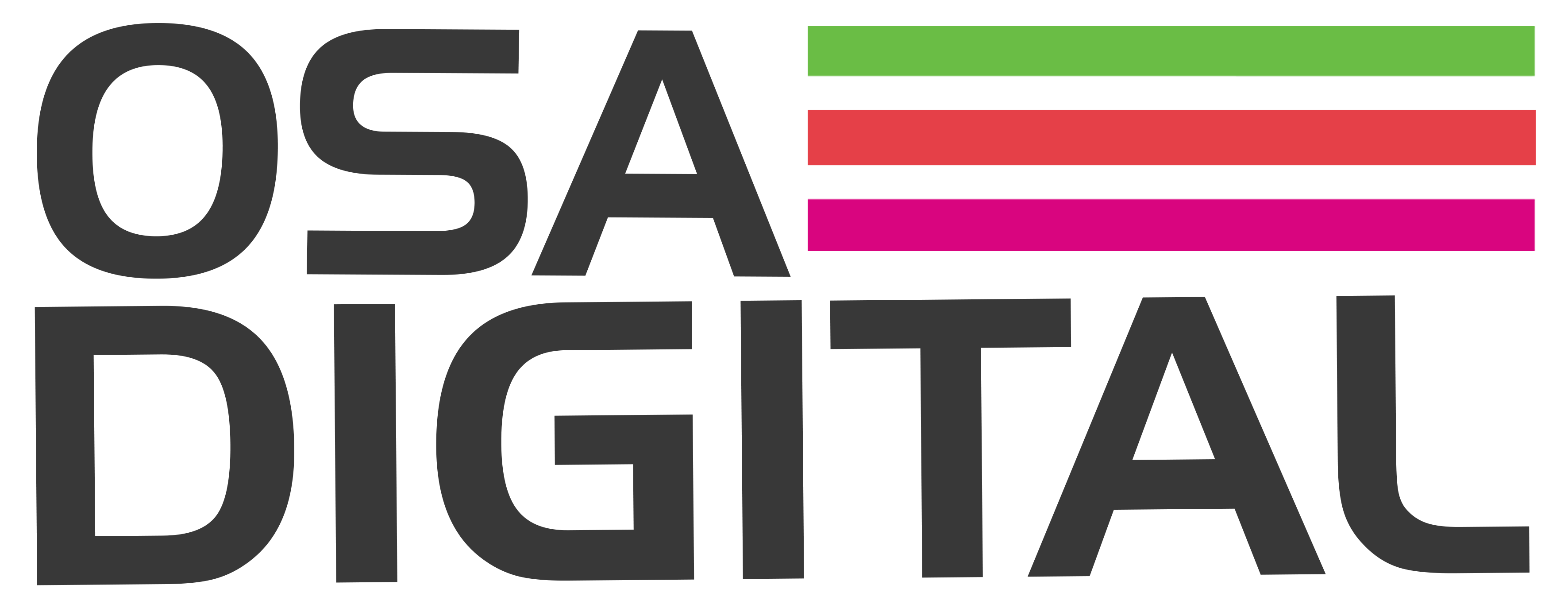The topic of hashtags always garners interest in the context of marketing and business promotion. Marketing firms and advertisers frequently incorporate hashtags into their strategies when promoting companies across various social media platforms. It is important to be aware of where hashtags can prove beneficial and where they may prove less effective – sometimes down right destructive – particularly when dealing with local campaigns.
Given my primary focus on local business campaigns, I tend to exercise caution when employing hashtags, as they often draw a non-local audience, or an audience which has no interest in the business. However, for businesses with a global reach, hashtags can serve as invaluable tools. Today, despite my excessive tiredness, we will explore the prudent use of hashtags and their relevance in local contexts.
Utilizing Hashtags for Facebook Marketing
In my capacity as a Facebook marketer, I often find myself bemused by businesses that inundate their Facebook posts with an excessive number of hashtags. Facebook has historically supported hashtags, but excessive usage, akin to spamming, can result in posts being flagged as spam and result in diminished reach and inaccurate audiences.
For Facebook, I recommend you limit your use of hashtags to those relevant to your local town and business name. Inappropriate hashtag usage can inadvertently attract followers from diverse geographical regions, potentially undermining your page’s local reach, and one or two bad posts can prove catastrophic.
Harnessing Hashtags for Instagram Reach
Instagram, while a prominent advertising platform, may not be the most suitable choice for businesses reliant on a local following. Nevertheless, hashtags wield considerable influence on Instagram, and they can be used effectively by businesses.
For Instagram, it is advisable to include between 5 to 15 hashtags per post. You can incorporate some in the original post and add more in the comments section, achieving commendable results, particularly in terms of gaining likes. When using Instagram for business with the goal of reaching local audiences, ensure that your hashtags align with your locality. However, as Instagram is more a place to show off if you’re not investing in advertising, it can be prestigious to have a tonne of likes for when your customers DO hunt you down.
Effective Use of Hashtags on Pinterest
Pinterest presents an intriguing platform that warrants exploration if you have not already done so. Hashtags can prove beneficial on Pinterest, with the first four hashtags primarily serving to enhance your visibility in the Pinterest search function. Typically, I recommend employing local hashtags to target a local audience and incorporating hashtags related to your business name to facilitate direct searches.
Navigating Hashtags for Twitter – Or X as it’s now known.
X ( Or the Artist previously known as Twitter), personally, ranks as my least favoured platform. While Instagram can showcase a company’s visual portfolio effectively, Twitter often falls short in terms of promoting local businesses. Given Twitter’s character limit, it is advisable to limit your hashtags to one or two, with a strong emphasis on maintaining a local focus. II wouldn’t really recommend Twitter for marketing for a small business unless you’ve got money to burn, and you just intend to burn it. It’d be better to donate to local influencers.
A Cautionary Note
It is worth noting that some digital marketers may exhibit a questionable level of ethics in their approach to business. They often prioritise metrics like interactions and reach, which can create an impressive facade. However, true success in business hinges on acquiring new customers and altering perspectives about your company from negative to positive.
Marketers who lack a comprehensive understanding of hashtags may resort to spamming posts with numerous hashtags to amass a vast reach, positive interactions, and followers. While this may initially appear beneficial, it can attract followers from diverse geographic regions who eventually lose interest, leading algorithms to categorise posts as spam. Consequently, your social media profiles may suffer, necessitating a larger advertising budget to rectify the situation and reorient your campaigns towards local audiences, albeit at an increased cost. Caution is advised when encountering recommendations to flood your Facebook posts with hashtags; such an approach can lead to undesirable consequences, as I have had to rectify for several of my clients due to poor Facebook marketing practices.
Categories of Hashtags
Three primary categories of hashtags exist, each suitable for different types of posts, and it is essential to select the appropriate type to yield the best results.
Branded Hashtags: Maintaining a consistent brand identity is paramount for any business. Branded hashtags, unique to your brand, encompass your company name, campaign tagline, or the name of a distinctive product or service offered by your company. It is prudent to avoid overly generalised tags and instead focus on terms that are unequivocally associated with your brand. These hashtags serve to raise brand awareness effectively and benefit your company. Example: #osadigital #osadigitalmarketing
Trending Hashtags: These hashtags pertain to viral content, breaking news, and current events. If your business involves covering trending topics, such as in the case of a local newspaper or magazine, you may find these hashtags relevant. However, for most local marketers, it is advisable to exercise caution, as some social media platforms may categorise trending hashtags as spam. Vigilance is required, and results should be closely monitored when utilising trending hashtags. Example: #twitterbecomesxwtf
Local Hashtags: For businesses seeking local customers, incorporating local hashtags is crucial. Tagging your town or region, such as #colchester for Colchester-related content, allows you to reach individuals interested in local information. By doing so, you can enhance your visibility within the local community, potentially converting engaged local users into customers.
When employing hashtags, it is imperative to adhere to two key principles: moderation and neutrality. Excessive hashtags can clutter posts and hinder readability. On platforms like Facebook, an overabundance of hashtags may lead to your posts being perceived as spammy, diminishing their reach. Additionally, it is advisable to avoid delving into political matters, as businesses should align with their customer base and limit political involvement whenever possible.
I’m the Head of Personnel for OSA Digital. Working hard to forge a new era in Digital Marketing.
For more information about me check my personal website: chanwalrus.com

